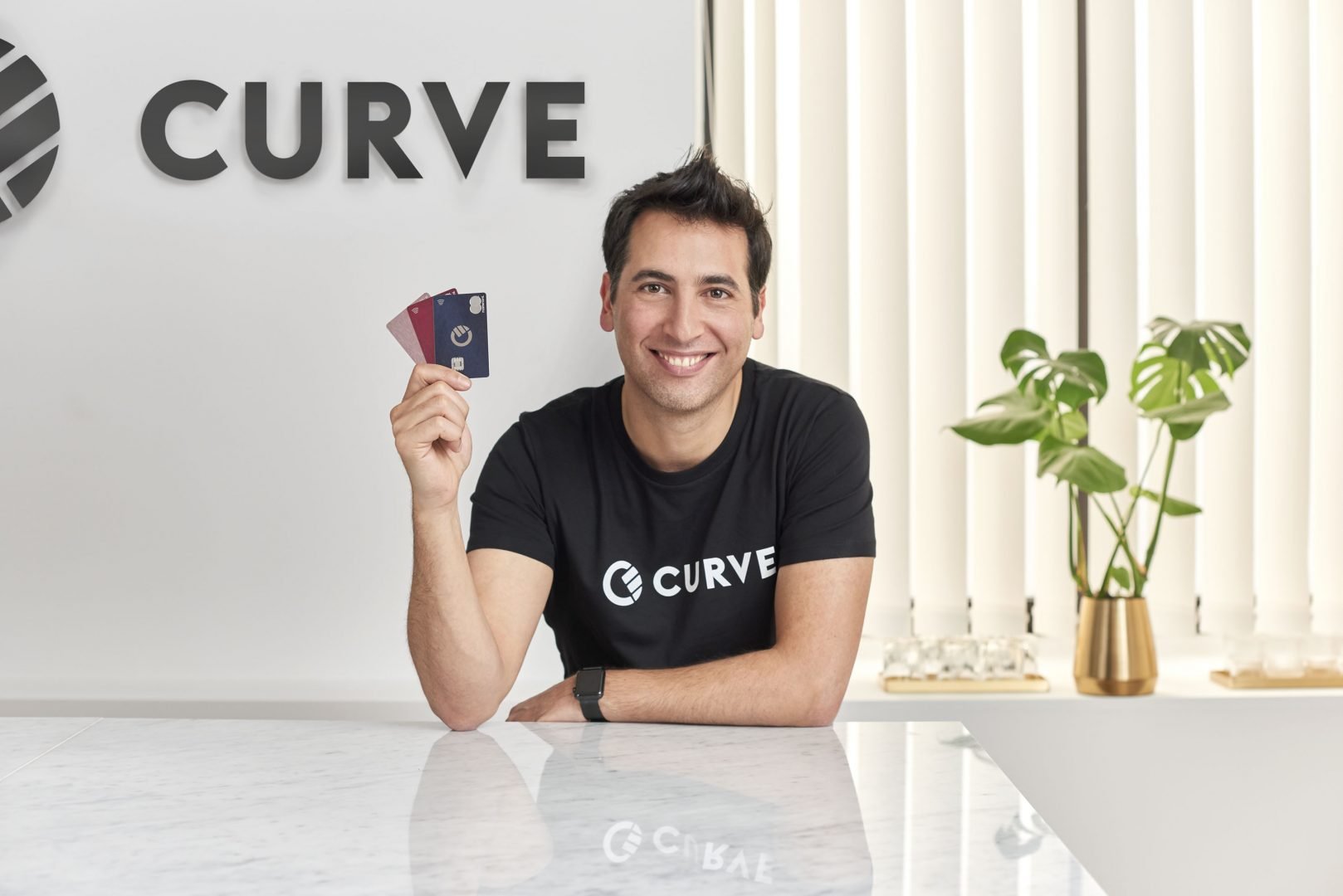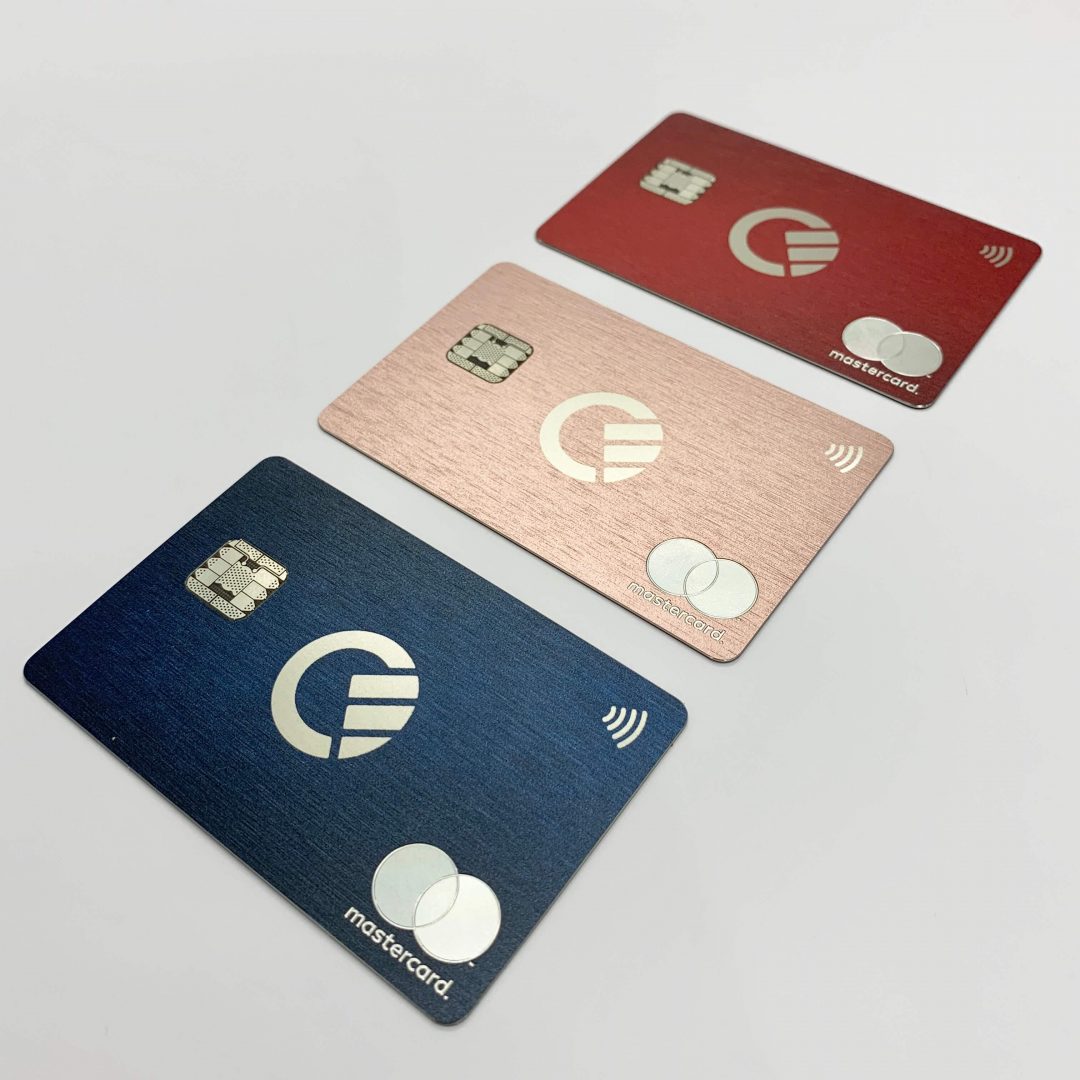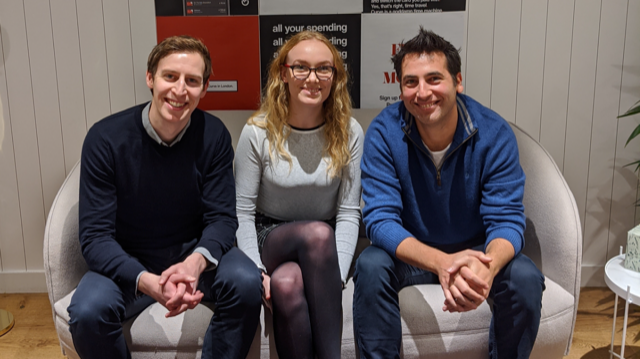We meet with Curve-founder Shachar Bialick on a Thursday afternoon at his offices in Holborn. The entrepreneur is on time (something rare for the high profile tech founders that we meet), he is warm, engaging, charismatic and his clothing is just on the right side of smart casual.
The meeting room is quiet, but the room next door is filled with cheers and celebrations as the customer service team are having a performance review. The Curve team has grown from 101 to 190 in the last 12 months and staff have a wide range of benefits including gym access, free yoga and Japanese lessons.
Curve currently sits amongst the tech elite of UK and Europe, along with Monzo, Transferwise, Starling Bank and Revolut – and following a Series-B funding of $55m, the company is currently valued at $250m.
“Curve is an ‘over-the-top’ banking platform”
Bialick explains how Curve was built on the foundations of being an ‘over-the-top’ banking platform, that combines all traditional bank accounts and financial services into one card and is connected via an iPhone or Android app. The product currently has over 750,000 users in 31 countries.
There is a free version called Curve Blue or the upgraded version at £9.99 per month called Curve Black. Both products include 1% cashback at 3-selected retailers for 90 days, no FX charges or ATM withdrawal fees abroad, with Curve Black including worldwide travel and electronic gadget insurance.
The elusive Curve Metal comes at £14.99 per month and is available in your choice of Red Elite, Rose Gold and Blue Steel (à la Zoolander) and includes 1% cashback at 6 selected retailers, £15m worth of medical travel insurance, £800 worth of gadget cover and airport lounge access, amongst other benefits.


“A big rebundling in Fintech has been predicted for some time”
Bialick talks about rebundling – a phrase that he continues to mention throughout the interview.
Rebundling refers to how companies will rebundle the distribution of a product, making it simpler and less fragmented for the market. A big “rebundling” in fintech has been predicted for some time, similar to what has happened in the music industry.
“Sony Music controlled the entire value chain,” he says. “They scouted the talent, recorded the music, labelled it to their own technology, shipped it, sold it and controlled the price of the content.”
“Spotify have come in and successfully rebundled the industry – allowing people to purchase music for free or pay $9.99 per month if they don’t want adverts. It understands your data and gives your recommendations – and they have given talent the opportunity to upload music and become famous from their bedroom.”
Fintech is going through the same cycle and there are companies who are taking on niches such as Transferwise and Revolut (FX fees), PensionBee (tracking pensions) and Money Dashboard (for budgeting).
Bialick’s theory is that customers will want to simplify all these fragmented financial services into one place again, and he wants Curve to be the place they do it.
He highlights that the most successful innovators started as an over-the-top (OTT) platform that provided a better experience. For instance, WhatsApp did not create a new mobile network, Netflix did not create a new cable TV channel and Amazon did not sell their own products.
The winning rebundler provided a better user experience, focusing primarily on distribution and once they had the following, they started to create their own content and gained a powerful position in the industry.

TechRound staff spoke to Curve Founder, Shachar Bialick (right) about the rebundling of the Fintech industry
“It’s about understanding data and using it to give a better customer experience”
“If we explain to our customers that you don’t need to pay 20% APR on a credit card and here is a cheaper product and it will save you money. Present it clearly to them and it’s a no-brainer.”
“Like Spotify, we want to use customer data and provide recommendations and ultimately offer a better, faster and cheaper banking experience.”
Curve is in the process of hiring teams to grow their business in France, Spain, Poland, Germany and other countries across Europe.
Whilst he does not plan to turn Curve into a Bank, Bialick hints at the future of Curve to offer additional financial products and become the ultimate Fintech rebundler of the 21st Century.
For more information, visit www.curve.app/en/



